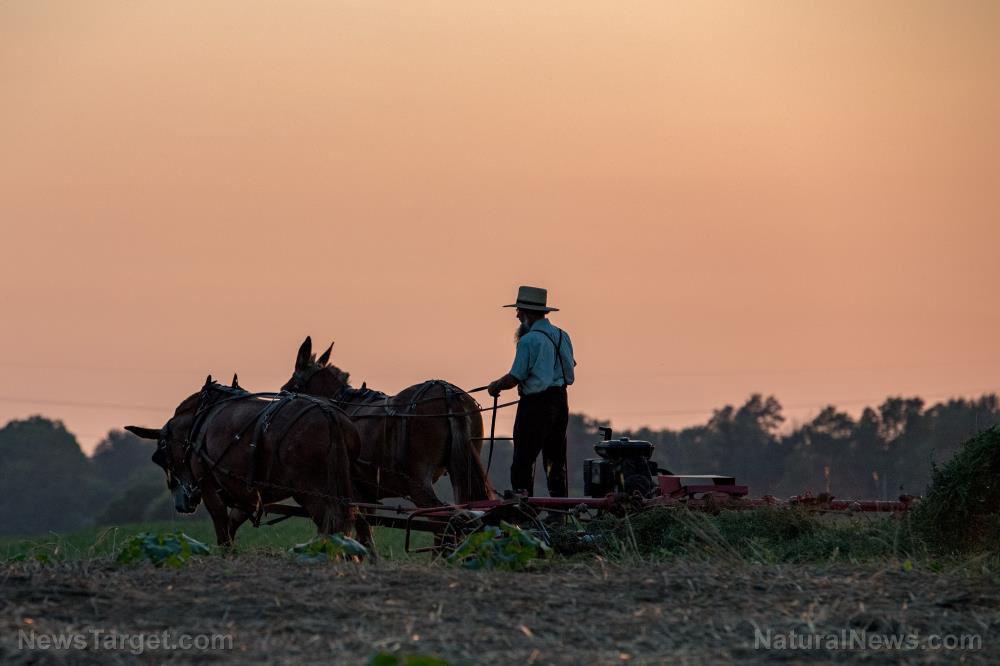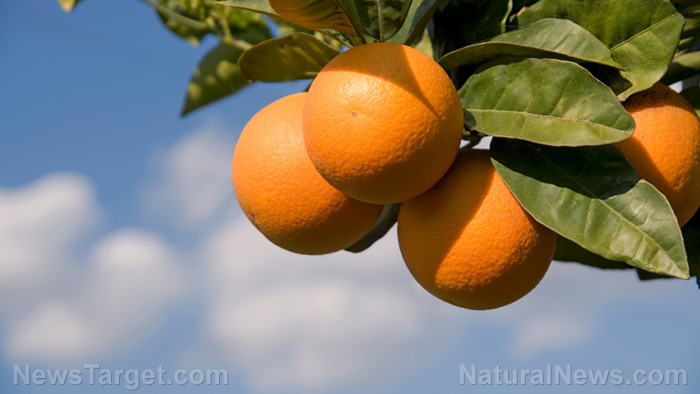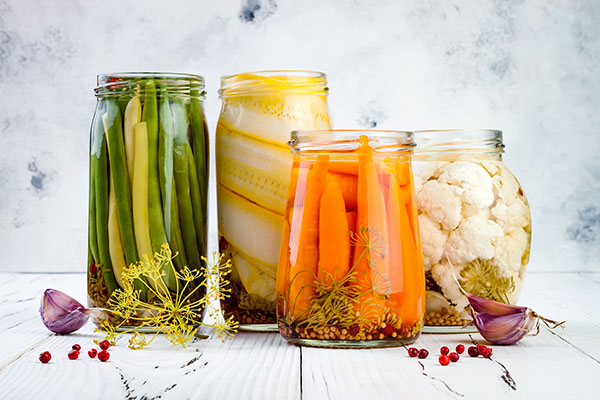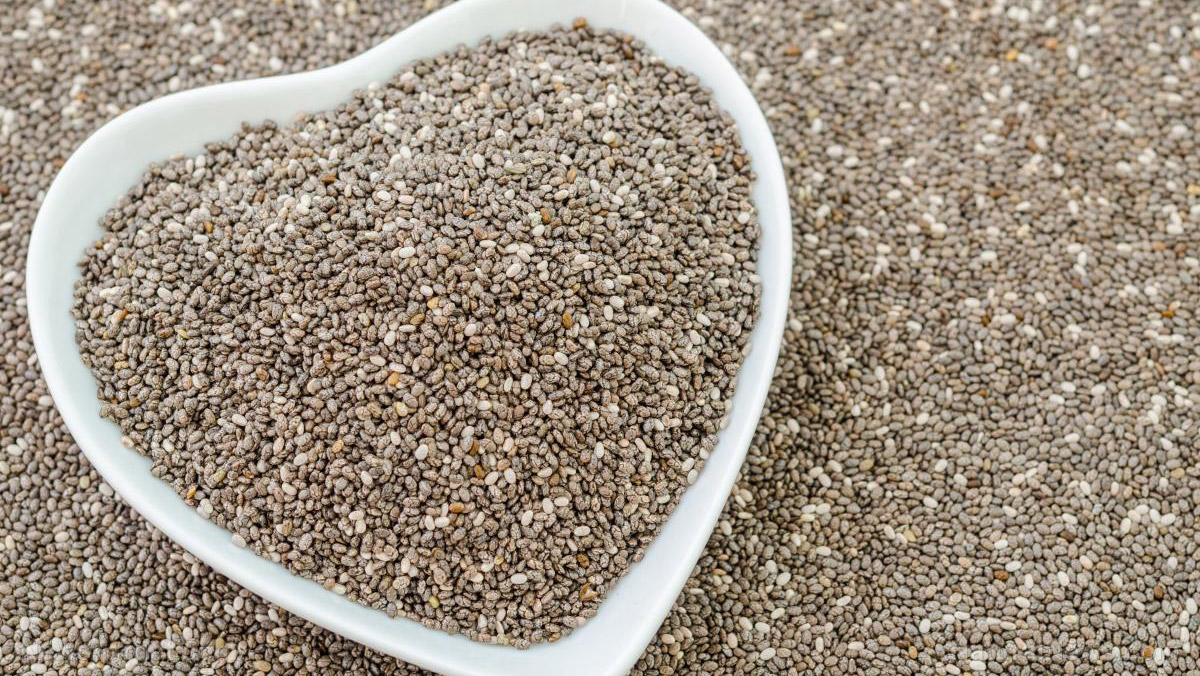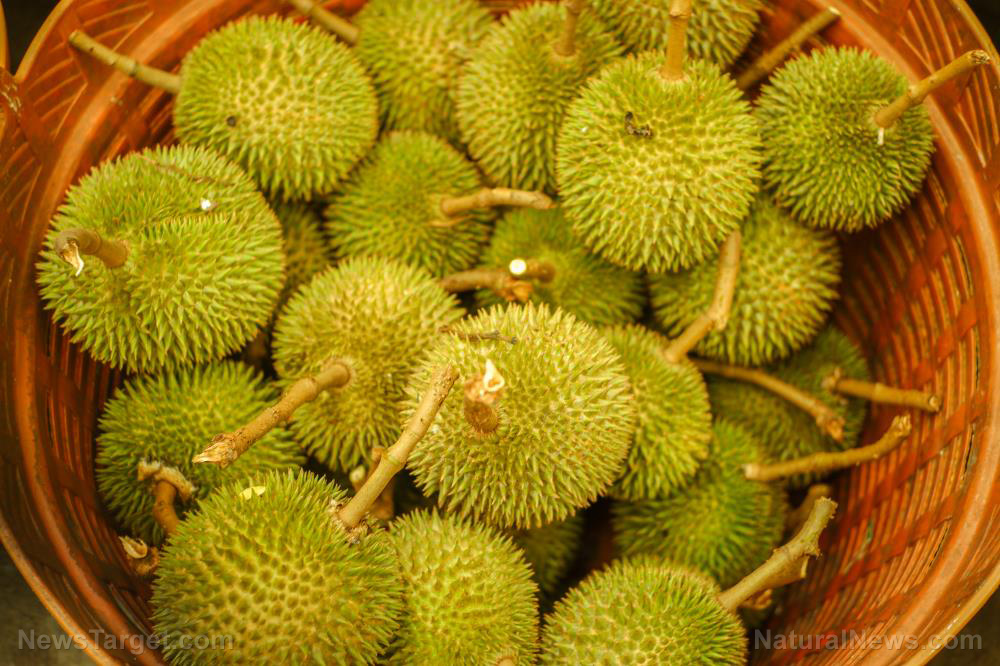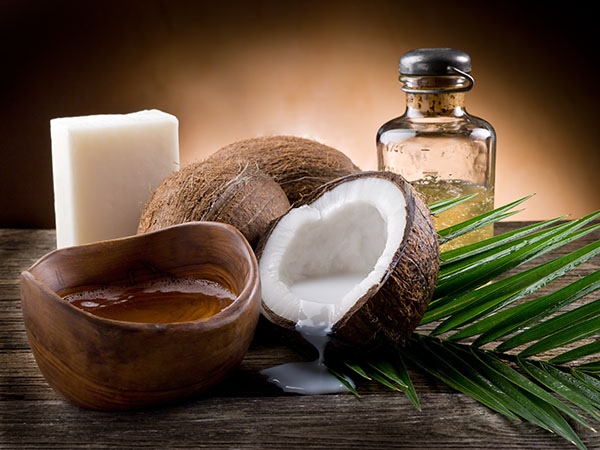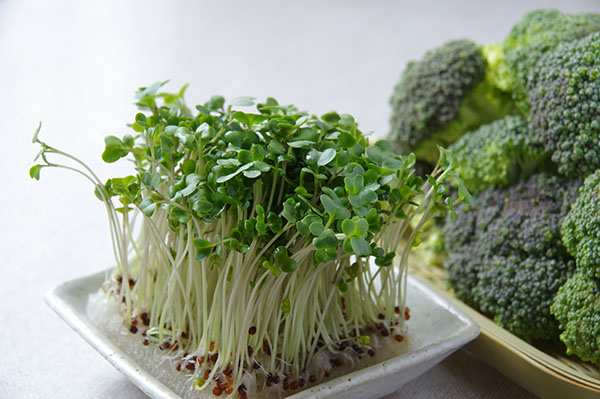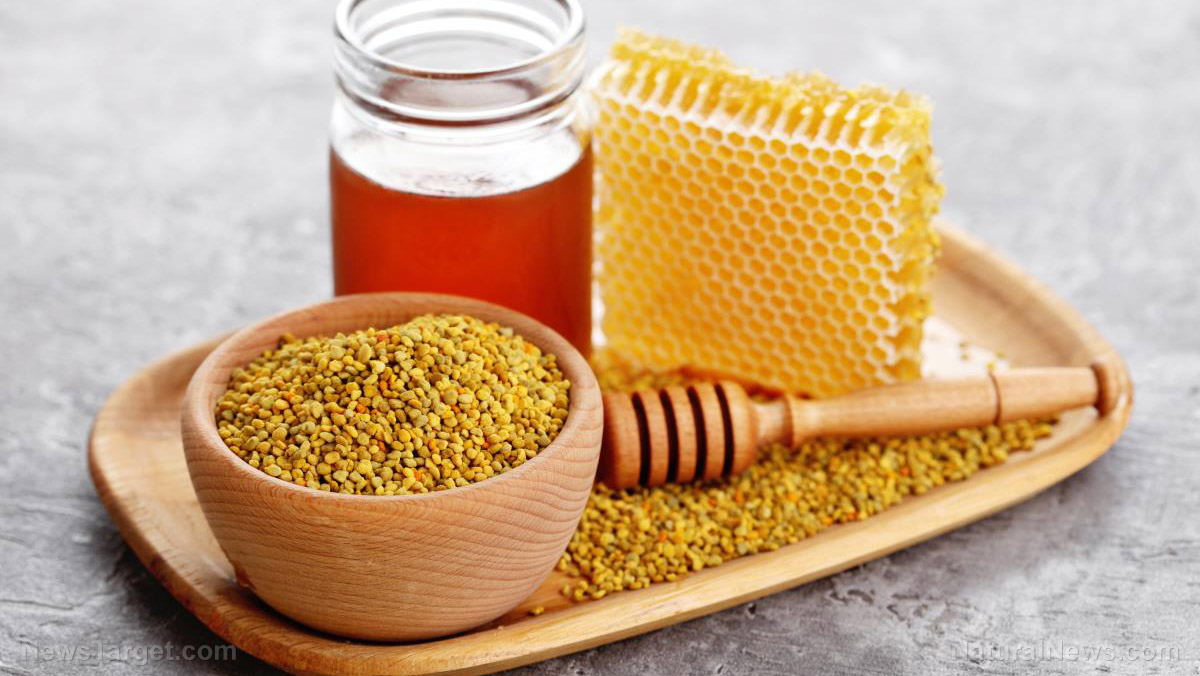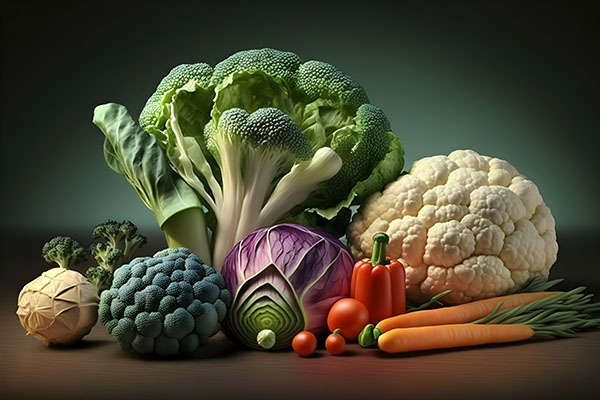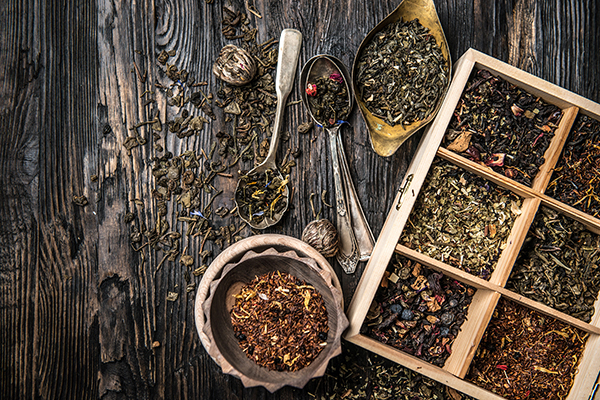The best foods to dehydrate for your survival food stockpile
06/28/2024 / By HRS Editors
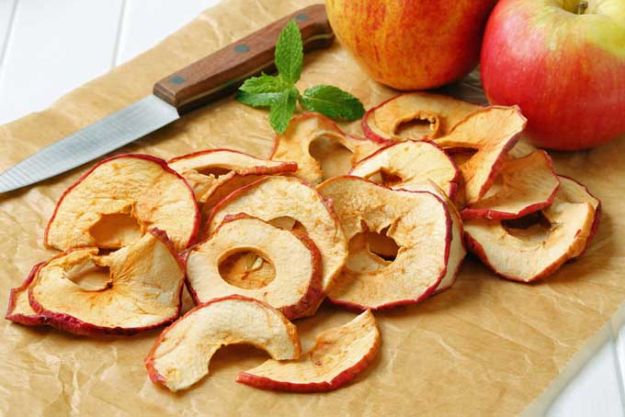
Dehydrating is great for your survival food storage. When prepared properly, dehydrated food can taste amazing, too.
Dehydrating is a food preparation method that removes moisture from food. This changes the food’s texture and taste. It also slows the growth of microorganisms and drastically increases the storage life of food.
While it is possible to dehydrate almost any food, certain foods have qualities that make them better suited for long-term storage. For example, higher acid content and lower fat content can help a dehydrated food have less potential for spoiling.
Dehydrating food can cause food to lose some nutrients, but up to 90 percent of them can be retained once you dehydrate food at a lower heat for a longer period. (h/t to TruePrepper.com)
Tools for dehydrating food
If you have funds for your prepping needs, invest in a high-quality dehydrator. While some foods can be oven-dried or air-dried, having a dehydrator will allow you to dehydrate any food on the list below.
If your budget is tight, check which kind of dehydrator fits your needs. Many brands offer dehydrators in a wide range of sizes and prices.
When dehydrating fruits, vegetables or meats, make sure you use fresh supplies that are not blemished and that dry well. If you want to invest a lot of time in dehydrating food, you can also start a home garden.
Once you learn how to dehydrate food, you can process your excess harvest while they are still ripe. You can do the same if you often hunt large game since you also need to freeze or preserve large amounts of meat.
Alternatively, you can take advantage of farmers’ markets or supermarket specials and stock up on supplies when they are on sale. Another option is to stock up on freeze-dried fruits and vegetables to save time on food processing. Like dehydrated food, freeze-dried food can be rehydrated with water for food prep.
The best fruits to dehydrate
Fruit is ideal for dehydrating for long-term storage or healthy snacks on the go.
Pick perfectly ripe fruit and wash them thoroughly, then slice them thinly. The thinner the slice, the quicker the fruit will dry. While some smaller fruits can be dried whole, they may require more time while being dehydrated.
Keep in mind that it is normal for fruits like apples and pears to turn a brownish color when dried. They are still safe to eat even with a little discoloration.
To prevent discoloration, treat the sliced fruit before you dry it with ascorbic acid for a few minutes to preserve its natural color. (Related: Canning, drying and more: The art of food preservation across cultures.)
Here are some of the best fruits to dehydrate:
The best vegetables to dehydrate
Vegetables are also great for dehydrating, but it can take a little longer to process than fruit because the former tends to have less acid.
Wash vegetables thoroughly, then dry them before slicing them.
Note that some vegetables need to be blanched first. This just means boiling them and then dropping them into icy water. Blanching slows the enzyme breakdown, which will help preserve flavor and texture.
Usually, vegetables can be dried for a longer time, reducing their moisture content to at least 10 percent.
Here are some of the best vegetables to dehydrate:
Using a dehydrator is a great way to add more food supplies to your long-term survival stockpile. Store dehydrated fruits and vegetables in an airtight container to further increase their shelf life.
Where to find high-quality freeze-dried foods
The Health Ranger Store is committed to helping you prepare for any emergency, especially if you are looking to stock up on high-quality freeze-dried fruits and vegetables.
That’s why we’re proud to introduce a variety of freeze-dried products for your prepping needs.
Freeze-Dried Organic Banana from the Health Ranger Store is full of potassium, vitamin C and a variety of important nutrients. Our premium diced bananas allow you to savor the delicious flavor and nutritional content of fresh bananas all year round.
These diced bananas undergo a careful freeze-drying process that preserves the original taste, texture and nutrients of our premium bananas.
Health Ranger Select Freeze-Dried Organic Diced Bananas are non-GMO, non-China, and certified Kosher and organic. They have also undergone meticulous lab testing for glyphosate, heavy metals and microbes.
One of the healthiest and most nutritious vegetables is kale. But like other leafy vegetables, kale doesn’t stay fresh for very long. To extend the shelf life of fresh kale, it can be carefully freeze-dried to retain maximum nutrition.
The Health Ranger Store wants you to enjoy the full nutritional content of fresh organic kale, which is why we’ve gone to great lengths to bring you clean and certified organic freeze-dried chopped kale in long-term storable #10 cans.
Loaded with a variety of important nutrients, our premium Freeze-Dried Organic Chopped Kale is carefully grown by our trusted suppliers under strict organic standards. It then undergoes a freeze-drying process that preserves the original taste, texture and nutrients of our premium kale.
Available in convenient #10 cans, Health Ranger Select Freeze-Dried Organic Chopped Kale contains no gluten or GMOs and is lab-tested for glyphosate, heavy metals and microbes.
Visit FoodSupply.news for more stories with useful tips on how to start building your food stockpile. You can also check out Health Ranger Store and Brighteon Store for more clean food supplies for your prepping needs.
Click this link to learn how to make an Immune Supporting Green Soup using Freeze-Dried Organic Chopped Kale.
Watch this clip about why you should have organic kale in your food stockpile.
This video is from the Health Ranger Store channel on Brighteon.com.
More related stories:
4 Food preservation methods to avoid spoilage and 3 alternatives to refrigeration.
Why freeze-drying is the best food preservation method.
An essential guide to storing organic foods for survival.
Sources include:
Submit a correction >>
Tagged Under:
dehydrated food, dehydrator, emergency food, emergency stockpile, food freedom, Food Preservation, Food storage, food supply, freeze drying, freeze-dried foods, homesteading, how-to, off grid, preparedness, prepper, prepper pantry, prepping, prepping stockpile, SHTF, survival, survival skills, survival stockpile, tips
This article may contain statements that reflect the opinion of the author
RECENT NEWS & ARTICLES
COPYRIGHT © 2017 ORGANICS NEWS


